
Now you have the chance to
hire ONE PERSON to play with you.
The voices are recorded by game companions.
They provide companionship for gamers, or in Chinese, peiwan.
This piece will dive into the underground world of hired game companions.
“As the name indicates, peiwans accompany gamers (laobans ‘bosses’) during gameplay, chatting with them during fights, praising them for their victories, and consoling them if they lose, or (especially for male peiwans) demonstrating better gameplay techniques. Peiwans and gamers meet online only, either on the social media or the game platform itself.”

According to the 2022 China Gaming Industry Report, the number of Chinese gaming users is 664 million. And in such a huge Internet environment, the game industry has given birth to a huge group of unconventional jobs, including game boosters and peiwan in popular games, e-sports anchors under the wave of live streaming, and game dealers holding many accounts in second-hand resale software. In 2021, Avery Consulting statistics showed that the domestic game accompaniment market size at that time exceeded RMB 14 billion (HKD 15.6 billion), becoming the fourth largest sub-industry of the e-sports sector in addition to the game, live, tournaments.
By combining work with play, peiwan work constitutes a form of ‘playbour’. According to Julian Kücklich, a German scholar specialised in game studies, playbour was originally used to describe low-paying or unpaid jobs involving computer games and popular culture.
The “peiwan” industry, a derivative of e-sports, is a grey industry without regulations, leaving “peiwan” workers unprotected and with a poor reputation. They face prejudice and stereotypes, and their services can be ambiguous, leading to potentially pornographic transactions.
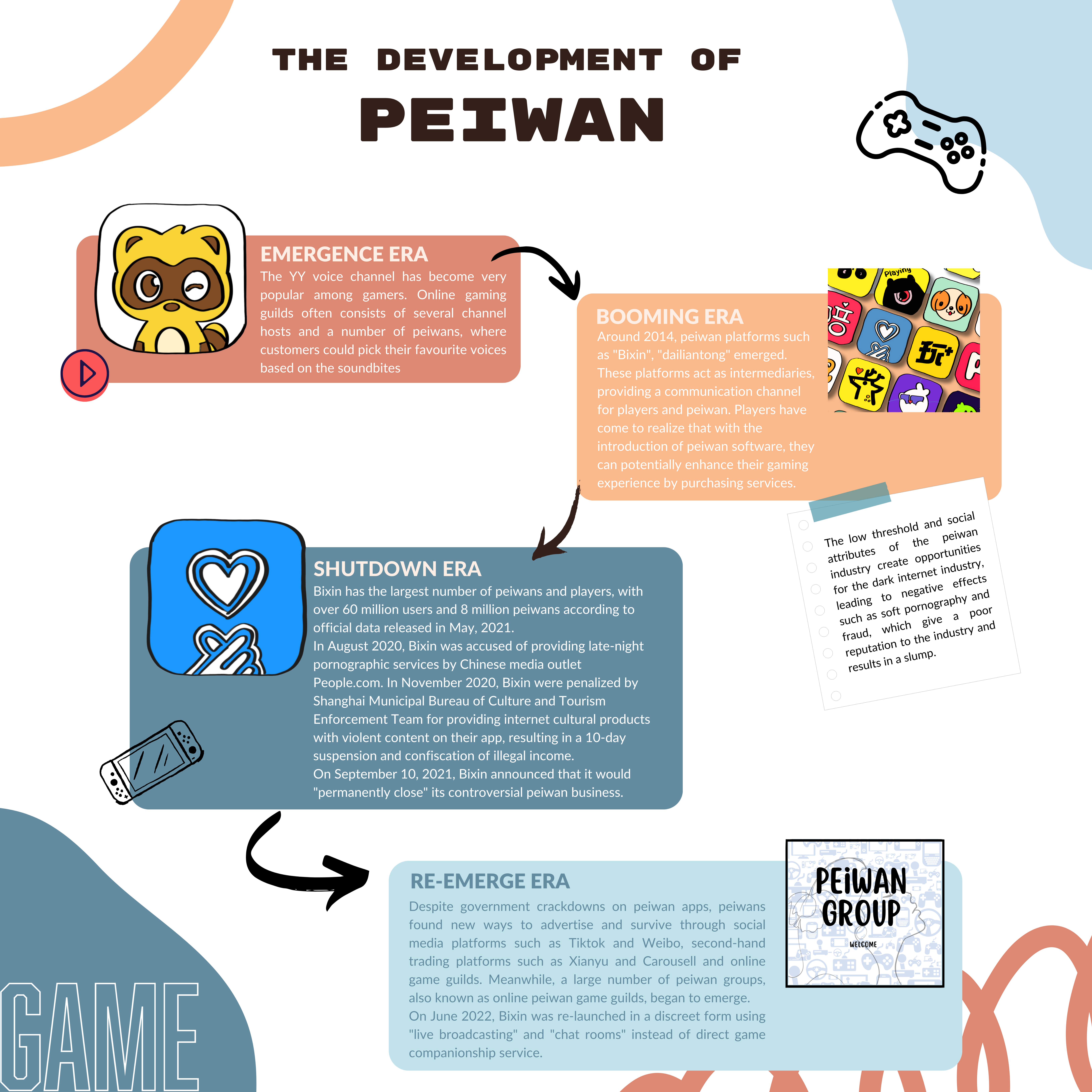
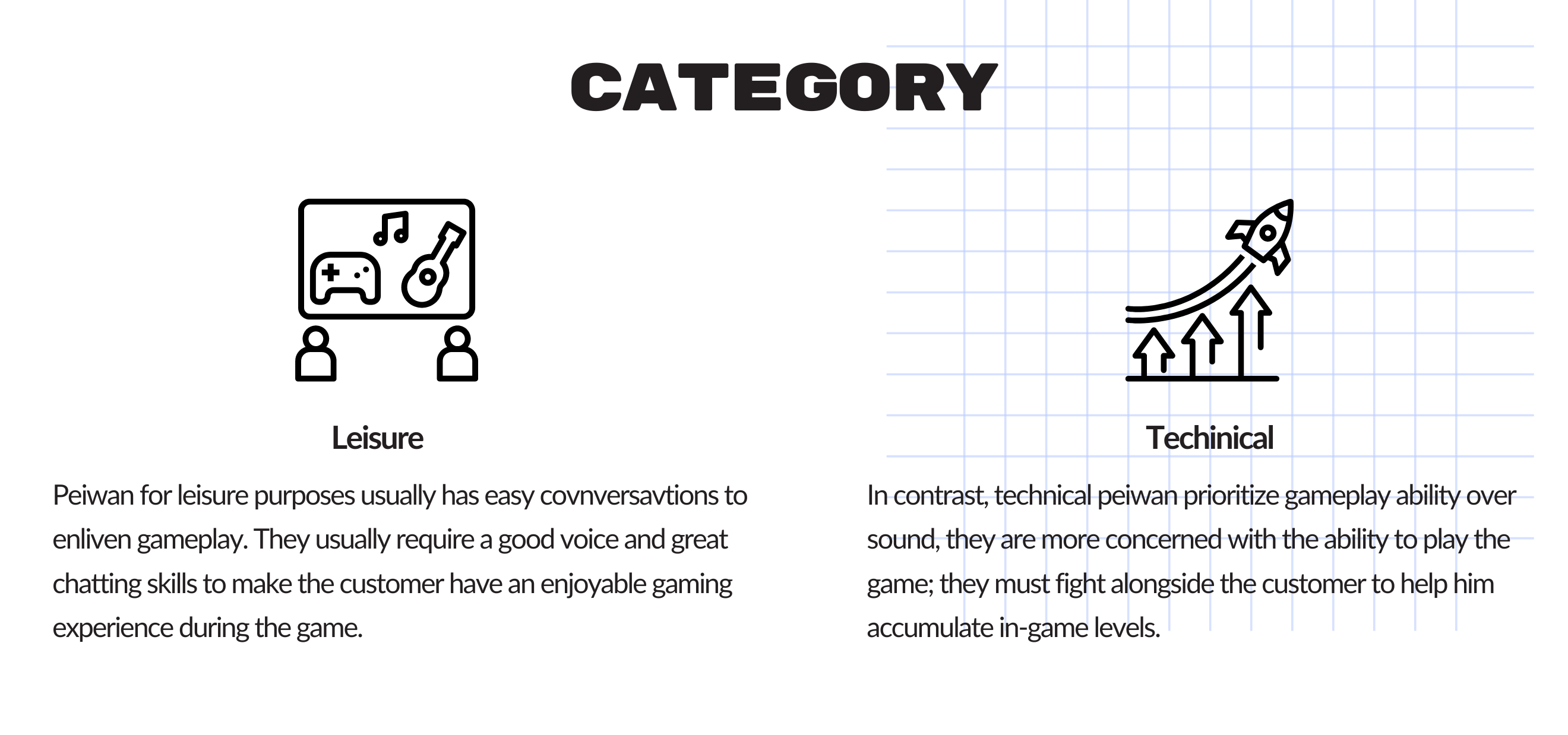
People might regard this job as simple and flexible because people can play their favorite games while earning good pay, but in fact, in the era of the gradual loss of traditional working hours, even the work under the virtual identity will still affect real life.
The following two stories are about the love entanglement between the player and the peiwan and the peiwan’s ambivalent attitude towards the game.
with the person
I pay for.”

“Every time I encounter any trouble in my life, I would rather go find a peiwan to chat with, than to share with my friends and parents because I feel they wouldn’t understand me,” said Cheung Sze Tung, a 17-year-old student from Sam Yuk Middle School in Kowloon, Hong Kong.
She describes herself as an “invisible person” in her class. Even if she misses a class, no one would notice. Her school generally finishes at 4 p.m. every day, and with very little homework, she finds herself with plenty of time to do what she enjoys. And her favourite pastime is playing a game called Call of Duty.

She was so lonely, so eager to talk to someone, but she didn’t know who to confide in. Her parents would criticise her for being too sensitive and fragile if she complained to them, and her classmates couldn’t relate to her pain. “Life is making me so unhappy, I need to draw energy from playing games,” she thought to herself. Gaming was her escape, her solace, and she poured all her emotions and passion into it. In her virtual world, she found moments of happiness and fulfillment, where she could forget about her loneliness and just be herself without any judgment.
She stumbled upon peiwan and the concept of online gaming companionship while browsing the short video app ‘Kuaishou’. To her surprise, she found out that there was a huge community of gaming companions in mainland China, and the fees they charged were surprisingly affordable. “I could feel like an emperor, choosing whoever I wanted to play with and only paying a small fee,” Cheung said. She was intrigued by the idea and decided to give it a try. Through peiwan, she finally found someone to talk to while gaming, and the experience was exhilarating. For the first time in a long while, she felt a sense of connection with another human being, and it was liberating.
Peiwan groups are also known as online gaming guilds, which usually look for customers on Chinese social media such as Tiktok, Weibo, etc. and invite them to a WeChat group with many peiwans. Once the customer enters the group, he or she sends their demand to the group, and the peiwan who meets the request will send a soundbite, introducing themselves in order to attract the “boss”, after which the boss picks the peiwan he or she likes and starts to play.
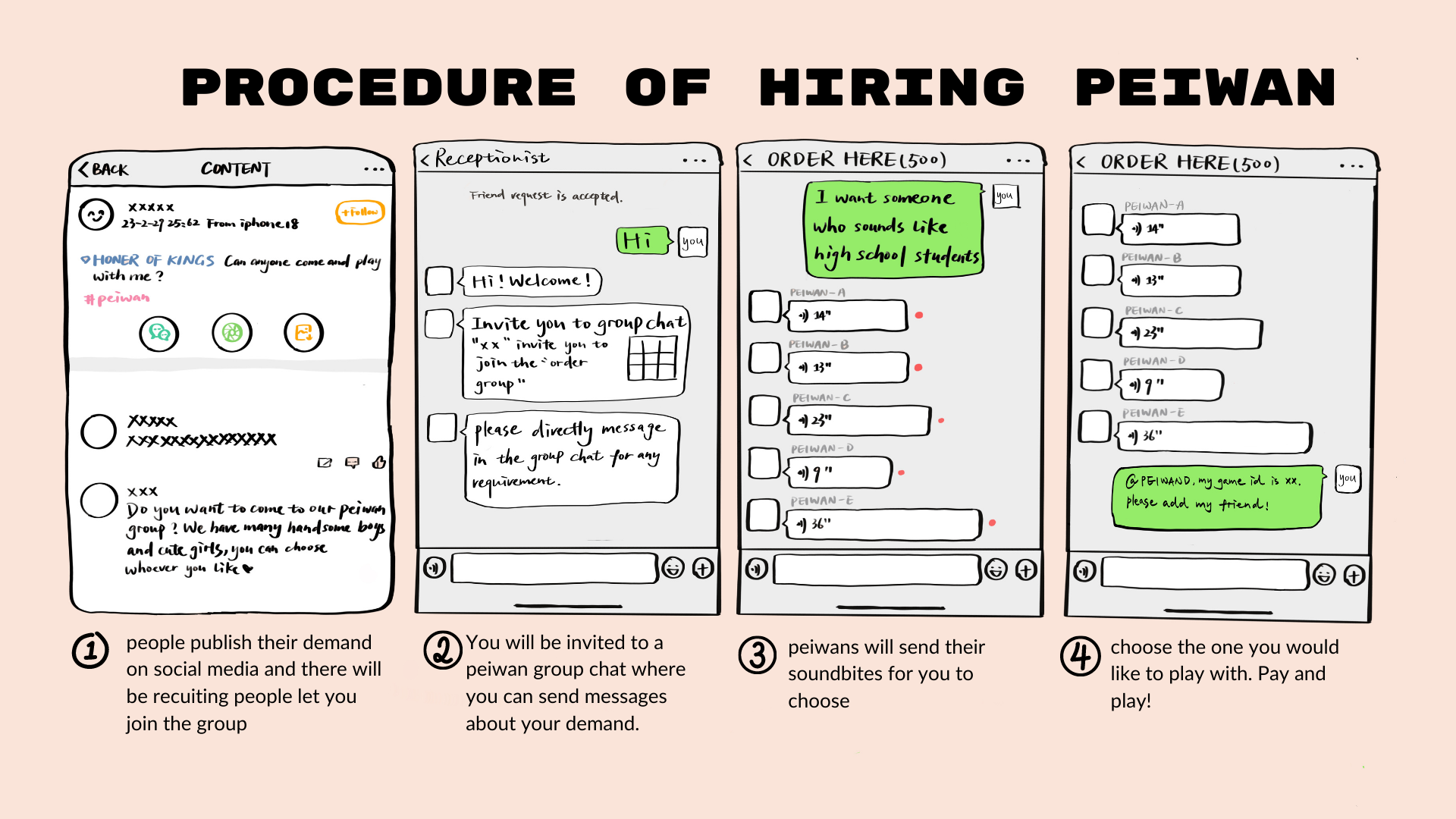
Helen Yan, a junior student at The Hong Kong Polytechnic University, also belongs to a popular peiwan group named “HY”, which is a group established as a registered company with more than RMB 1 million (approximately HKD 1.12 million) in its foundation. There are around 150 peiwans and more than 300 customers. Their business became especially prosperous during Covid-19, “everyone was locked down at home with nothing to do, so they would come to our group to find someone to play with. The ratio of men to women among our customers is about 4:6,” she said.
Regarding the price, the standard charge is RMB 50 (approximately HKD 56) per hour, but some highly skilled peiwans such as those who used to be professional players can charge around RMB 100 (approximately HKD 112) per hour or higher.
According to Yan, there are all kinds of people in the gaming companion world. There are no fixed standards for recruitment, usually only requiring candidates to be “14 years or older” and “enjoy talking to people”. Many gamers, like Helen, neglect their studies, which limits their chances at top-tier universities. “Most of them only have a high school education,” said Yan. “Some may only have a junior high school education. Companion gaming can provide them with a good income, far higher than what they could earn with their education.”
By chance, Cheung found herself in a gaming companion group where she met a 24-year-old guy named “Baicha”. “He was a very charming person,” she said. They started talking while gaming and quickly hit it off. It was amazing to Cheung how comfortable she felt talking to him, as if they had been friends for years.
“Only Baicha can sense my mood swings. He can tell when I feel down, and he knows how to cheer me up by singing cheerful songs or just listening and comforting me,” Cheung said. “I know he’s doing it for money, but that’s what I need right now.” She appreciates Baicha’s effort to make her feel better, even if it is a transactional relationship. For Cheung, having someone to talk to and share her feelings with is priceless, and Baicha is that person for her.
They started chatting frequently, playing games together all day when Cheung didn’t have class. Amidst the game’s virtual gunfire, Baicha protected her from any enemy attack and acted like her boyfriend. Outside the game, they shared their lives’ trivial matters and emotional problems, trying to support and help each other. Cheung became dependent on Baicha, trusting him wholeheartedly. She began to miss him when they were apart and craved more time with him in the game. She even found solace in the memories of his voice and laughter before she went to sleep at night.
Cheung’s possessiveness started to grow. She became jealous when she found out that Baicha was playing games with other girls. “I don’t know what he’s like when he plays games with other people. He’s so good to me; maybe he’s like that with others, too,” she thought. Cheung began to feel insecure about their relationship, wondering if Baicha would eventually leave her for someone else. Her emotions were in turmoil, and she didn’t know how to deal with them.
Baicha revealed his feelings for Cheung during their gaming sessions, telling her that he had special feelings for her. “Can I go to Hong Kong and find you?” he asked. Although Cheung also had feelings for him, she couldn’t help but feel guarded and scared about their relationship. “Is it love to fall for someone just by their voice?” she wondered. Their communication was limited to voice and text messages. Beyond his age, she knew nothing else about him. They had never met in person, exchanged pictures or where he lived, and what he did for a living. Cheung didn’t know what kind of person he was beneath his gentle voice and if the kindness he showed was real or just a mask in the virtual world. She was afraid of this unknown aspect of their relationship.

“Is this love or just an illusion?” She questioned herself, unsure of how to navigate her feelings. “I fall in love with someone I pay for.”
Cheung struggled to discern whether her reliance on Baicha was out of love or simply a result of habit. She knew that their relationship was based on money, but then Baicha told her that she didn’t have to pay him anymore – he would play games with her for free. This made her even more confused.
Cheung ultimately declined Baicha’s confession and told him that they should no longer be in contact. This decision left her feeling depressed. She had always found it difficult to open up to others about her feelings, and now she found it even harder to communicate with people. She had been using the virtual world as an escape from reality, but now she questioned the validity of the emotions she had developed through online interactions. Cheung found herself trapped between two worlds – the real world where she struggled to cope with, and the virtual world that had became her refuge. Her depression deepened as she became more isolated, and she felt like she had lost an important connection to the virtual world as well.
“Maybe I was fulfilling a desire for family and partnership that I have been lacking in my real life,” said Cheung. “I was trying to fill a void by seeking emotional support from Baicha.”
“The practice of gaming and playing games together in the context of peiwan services can be viewed through existing literature on transactional relationships, such as dating apps, catfishing, and camgirls. While gaming is essential to the role of peiwans, this creates a unique dynamic that differs from traditional dating activities.” said Zhang Ge, an expert on contemporary social media and virtual love at City University of Hong Kong.
Cheung said there is an unwritten rule in the peiwan industry that if a peiwan decides to continue a romantic relationship with their boss, they need to make it known to everyone and ensure that they will not continue to be a peiwan in the future, in order to achieve emotional “monogamy”. However, most peiwans are unwilling to give up this easy job of making money by just saying sweet words, and would reject the boss’s confession and continue to make money.
The intertwining of commercial services and emotions makes the operation of the peiwan service market complex and delicate. For example, some peiwans may be sexually harassed by their bosses at work. As Yan said, she often receives teasing and inappropriate sexual remarks from male clients during the service. “Some men think that since I have paid you, you should satisfy any request that I make during this time frame. But I think what I provide is a gaming service, not some other services such as sex-related ones.” However, when she encounters such situations, she can only “not accept him for future orders”, but can’t proceed with further reports and regulatory measures. Bosses may also feel lost and sad because they were rejected by peiwans, and may even fall into depression.
“If appropriate legal measures and moral standards can be used to regulate those who engage in bad behaviors, it will create a more harmonious and respectful virtual gaming community environment for peiwans and bosses,” Yan said. “I hope to receive less insults and offenses in the future.”
but I made money
for that.”
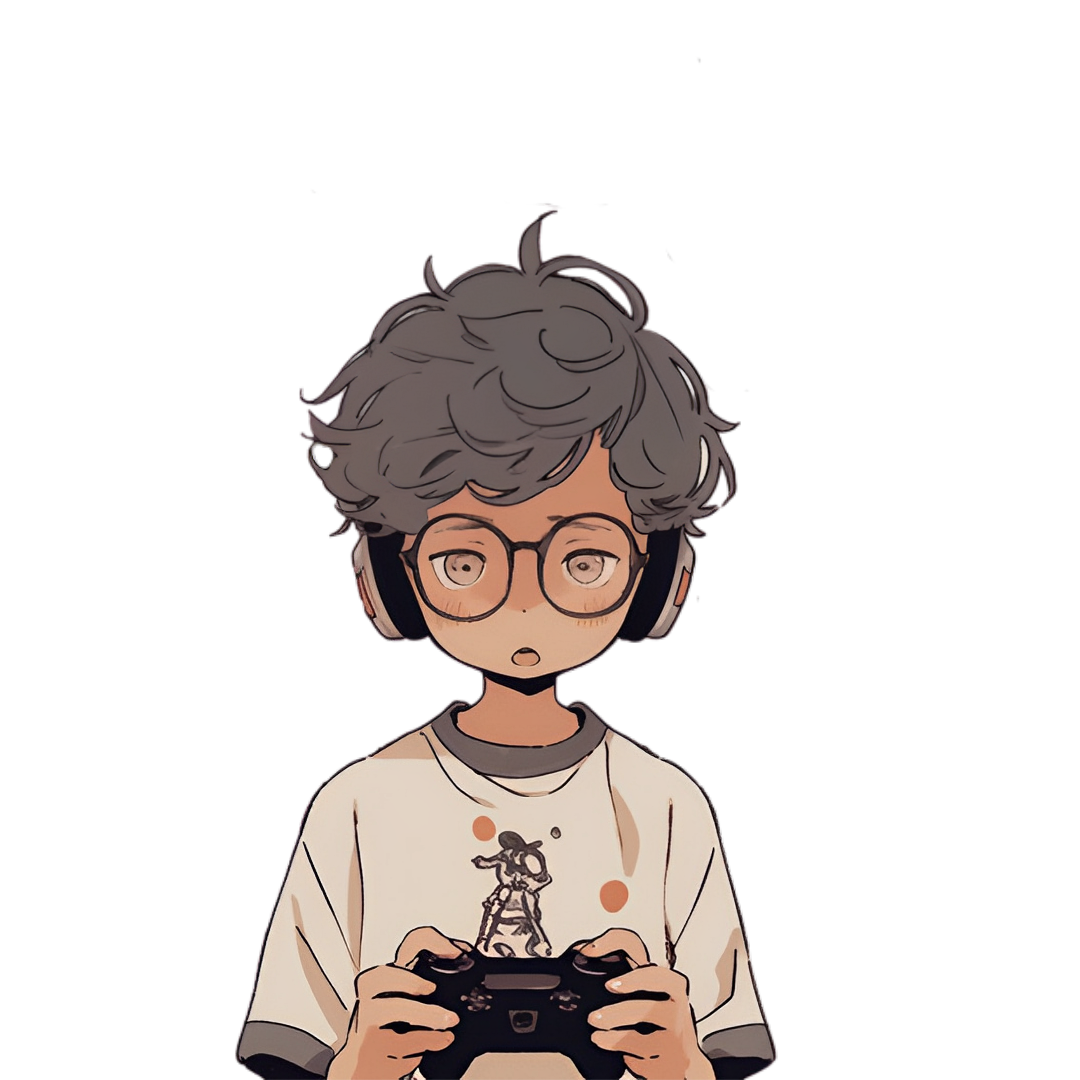
When Long Jiajun saw a friend he used to train with receive the Finals Most Valuable Player (FMVP) award on the world stage and receiving congratulations from everyone, he often wondered if that person would be himself.
First Touch with Game
Long discovered his talent for gaming at the age of 15, when a game called Honor of Kings was prevalent among the younger generation and also his class. He easily reached “Champion”, the highest level of the game. When he shared his account with his classmates, they all marveled at his level.

Since he did not have his own phone, he made deals with his classmates: whoever lent him their phones, he would help them play the game “At night, I waited until after 12:00 when the hostel manager didn’t come to check, then I secretly played in the toilet until 3:00, then went to bed,” said Long. “At that time, the biggest motivation was my love for the game.”
He had very good grades and remained in the top ten at a prestigious local high school. Even under the strict and stressful traditional Chinese educational system, he ranked 7th in the game in his junior year.
When he started high school, his extremely-strict parents suddenly started to change their attitude, giving him RMB 2000 (Approximately HKD 2200) a week as pocket money, causing him to become uncontrollable and devote himself to gaming. In his first year of high school, he had 13 cell phones confiscated. But it didn’t matter to him as he could just buy more with his rich weekly allowance. “If my parents hadn’t been so strict with me, I wouldn’t have been so vindictive about games,” said Long.
Being a Professional
In the second year of high school, he broke up with his beloved girlfriend and became disinterested in studying. Out of spite, he joined the WZ club in Dongguan, Guangdong Province. “I thought becoming a professional e-sport player was simple, but after arriving I realized that I was wrong,” said Long. “Although I was very good at playing games, there are hundreds of skilled game players in the entire Guangdong Province.”
Under brutal competition, he still topped the list with his excellent game level and got the chance to play in the professional competition, KGL (King Growth League, also known as the sub-league of the King’s Glory Professional League, KPL).
At the time, he felt that everything was great and he could leave his name prominently in the gaming industry, that was not generally regarded well by society.
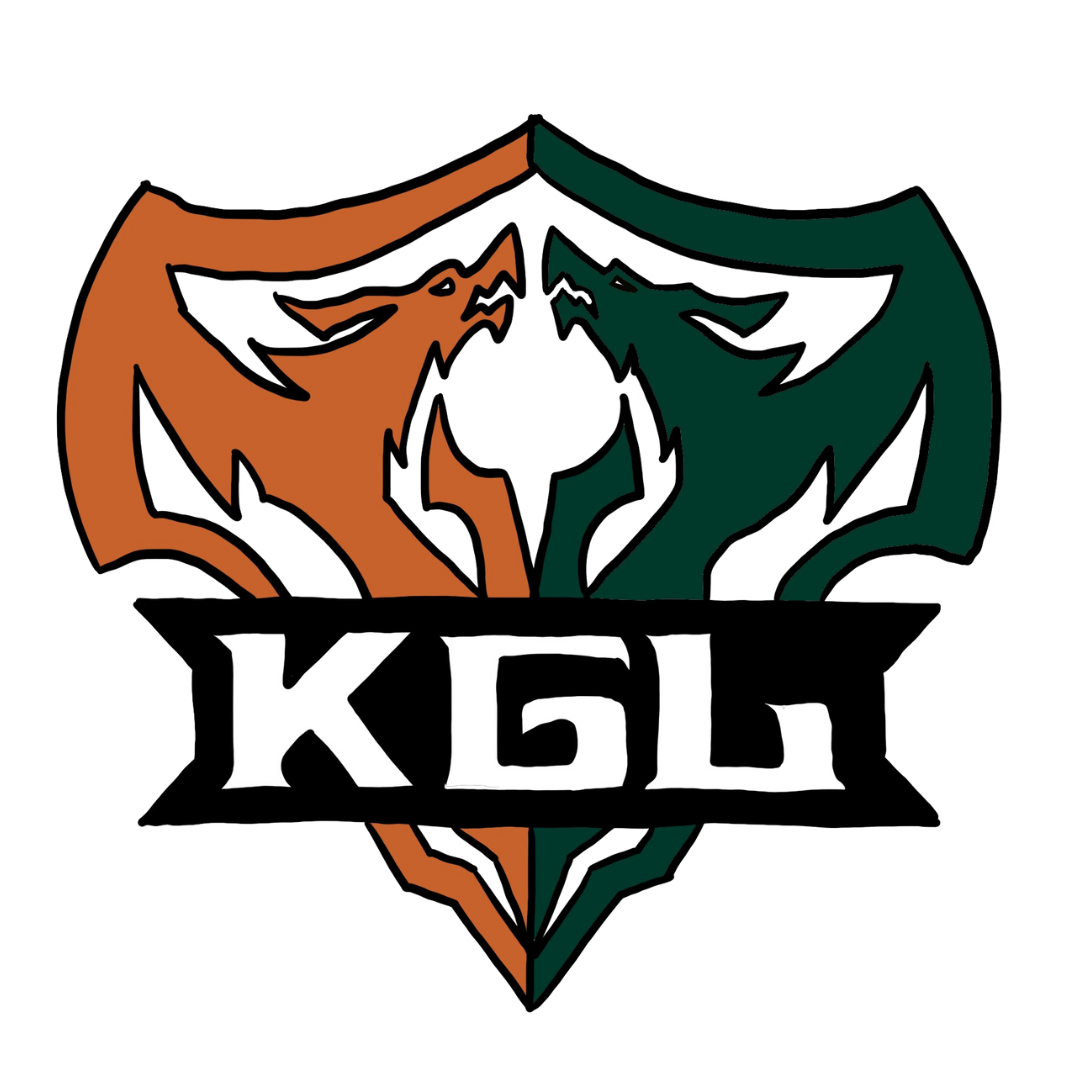
However, it seems that it would not be easy to achieve his dream of being the champion of an e-sports competition. A month after he became a professional e-sports player on September 1, 2021, according to an announcement Honor of Kings official, players under the age of 18 were banned from participating in any competition. At that time, Long was still two years away from reaching adulthood.
He was kicked out of the club without any explanation. The club couldn’t wait for him to turn 18 and guarantee that he would still be as good as he was then.
Pride prevented him from going back to his studies. He felt guilty that his parents had spent a lot of money raising him, and they supported rather than discouraged him when he decided to drop out of school to play e-sports.
With only a middle school degree, many companies wouldn’t give him a chance to interview. Eventually, he found a job at a small company as a purchaser. The pay wasn’t great, but the working hours were short, which gave him plenty of time for other things. Moreover, he had a smoking habit that required a large amount of money.
“I haven’t asked my parents for a penny since I was kicked out,” said Long. “But I needed the money.”
But what can he do?
Step into the Chaotic Game Companionship Service
Once, while playing a game, he accidentally turned on the game’s microphone. That’s when his teammate said to him, “You have a really nice voice. Can you play with me in the next game?”
He rarely received such compliments, but his teammate’s comment made him start thinking seriously about it. He confirmed this matter with a few friends.
An idea popped into his mind. Since he had a high level of gaming and a good voice, should he try to offer game companionship services to make money?
He started offering game companion services on the Bixin platform. He was not an adult at the time, so he used his cousin’s identification to take orders. Despite no longer being an e-sports trainee, he maintained the same habit of going to bed at 2 or 3 a.m. and waking up at 6 a.m. every day. This schedule was in line with the companion service’s requirements because most played games at night or midnight.
Most peiwans on Bixin do not have direct contact with “bosses”. There is an agency between the peiwan and the boss, and the agencies fakes highly popular accounts to attract people to place an order and then assigns the received order to different peiwans.

This business model creates the illusion that the boss thinks he or she has hired a handsome-looking, good-sounding peiwan who also has an extremely high game ability. But in fact, the peiwans are not what they appear to be in the photos, even many of them have had their voices transformed through technology into sweet and gentle voices.
“It is kind of cheating,” Long said. “I’m like a shadow for someone. This so-called handsome guy never existed, because usually we look for pictures of handsome guys on the Internet.”
Because of the shut-down of Bixin, Long sought an alternative platform. Nowadays he is in a peiwan group and he mentioned, just like him, that a large number of under-educated minors are being kicked out of e-sports clubs because of the 2021 rule about underage participation in e-sports competitions. As most do not hold a high school degree, being a peiwan has become their primary source of income.
Long’s earnings are at the higher end of the peiwan industry because of his great game skills and sweet voice: RMB 140 (about HKD 156) per hour. That’s enough to buy him cigarettes. But then he discovered a sad truth.
“I could obviously feel my game ability dropping off from last year,” said Long. “My attitude towards it has changed. Before, I loved this game so much that I wanted to devote everything to it. But now, it’s totally changed. I hate this game, but I made money for that. Right now I would turn down a lot of orders if I was not in a good mood, I don’t even want to play if you pay me.”

The Broken E-sports Dream
It’s hard to determine if Long would have had a brighter life if he hadn’t gone after his dream of e-sports at the time. However it’s the people who didn’t win the championship who make up the majority of the e-sports industry. What can these people do at the end of their professional careers?
“The e-sports industry operates differently than other sports industries because it caters to a narrow circle of people,” said Bob Ke, a Hong Kong scholar who specialised in e-sports research. “Nowadays, there are only competitive sports in e-sports, not amateur sports.”
Apart from becoming a professional, there is only one other mode of participation in e-sports: being an audience member. This creates a huge gap between professionals and amateurs. Unlike popular sports like basketball, there aren’t various competitions in daily life in addition to world-class competitions.
Ke suggested the establishment of more amateur competitions in the e-sports industry, providing opportunities for highly-skilled players who cannot become professionals for various reasons. Such competitions will enable players to participate and win prizes, offering other avenues to make money through gaming besides peiwan.
But that doesn’t completely solve the problem. There is no guarantee that the money they get from playing in amateur tournaments will be equal to their income from peiwan. As Long said, he hated the game so much but had to play it in order to make money because it provided him with enough income. If amateur tournaments don’t give them enough money, then of course they will continue to be peiwan for money. They become peiwans to cater to the needs of the players instead of fulfilling their e-sports dream.
It seems that the Chinese government’s attitude towards the gaming industry is still ambiguous. Players need exceptionally fast reaction speeds, resulting in young players, however, Chinese e-sports policies prohibit players under the age of 18 from competing. Moreover, China encourages gaming to flourish while limiting the amount of time people under 18 can play (three hours per week).
According to Ke, domestic enterprises, associations, and governments related to gaming and e-sports have begun to actively seek regulation in response to actual market demands and urgent calls for industry standardisation.
In 2019, the Electronic Sports Branch of the China Communication Industry Association issued the “Chinese Electronic Sports Coach Standard,” which regulates game coaches from multiple perspectives. In July 2022, the association held discussions on the “Standard of accompanying voice personel” aimed at promoting the sustainable development of the gaming coaching industry.
According to the Ministry of Human Resources and Social Security’s forecast, by 2024, the e-sports industry will require 2 million talents, including gaming coaches, e-sports players, and event operations representatives. It may seem that the e-sports industry has a very bright future ahead of it, but all is not so optimistic.
Despite its suspension of gaming coaching services, Bixin resumed its “e-sports coaching” services in April 2023. Although Bixin claimed its new service is targeted at the Gen Z e-sports community and pledged to sternly combat any private provision of gaming coach services, paid gaming companionship behavior still prevails in the platform. Nowadays, the game companion mode on Bixin is more similar to live streaming. Instead of directly paying for the service, customers pay through gifting virtual items in the chatroom during the live streaming and can then play with the “anchor” (actually they are peiwans).
Even though these companionship services have been renamed “e-sports coach” or “game service staff,” this rebranding cannot alter their illegal nature as part of the gray e-sports industry.
Companionship
or cheating

While “seeking companionship” can be a reasonable explanation, when players hire a peiwan who is far above the normal skill level to play a game together, their chances of winning will be much higher. Therefore, there is a possibility that this behavior could diminish other players’ gaming experiences to some extent.
Some players believe that the presence of peiwan greatly undermines their gaming experience. “I often encounter this situation,” said Gill Fu, a game lover from the Chinese University of Hong Kong. “Hiring a peiwan to play the game is like inviting a college student to take a test for an elementary school student. It’s unfair and undermines the integrity of the game.”
“Our presence disrupts the balance of the game because we enable some players who are not skilled enough to access a higher level, ” said Long. “But I don’t think we are cheating because the players who hire us are also participating in every game. It’s different from game boosting, which involves hiring someone else to play using your account. When you hire a peiwan to play together, the player themselves is also participating.”
Game developers generally remain silent on the existence of peiwan. A management-level employee from Tencent Games who wished to remain anonymous stated, “game boosting is not something we ever encourage, but social playing is fine and is the point of some games.” He believes that it is difficult for games to judge the presence of peiwan through algorithms and monitoring, as it is hard to distinguish whether a player is playing with a highly skilled friend or has hired someone to play for them. “Moreover, their money transactions do not occur on the game platform, so the official platform has no way to intervene,” he said.
Although game developers generally do not strictly prohibit the use of peiwan, some e-sports events related to gaming have rules that prohibit professional players from engaging in peiwan activities. One example of this is when last year in June 2022, a player named Shi Jiu from the Honor of Kings e-sports team, Guangzhou. TTG, was exposed for providing peiwan services for 100 RMBper hour. This became a hot topic of discussion at the time. Later, his peiwan activities were confirmed, and he was fined three months’ salary and suspended from participating in any competitions. Shi Jiu’s actions were deemed to violate the player behavior standards stated in Chapter 11 of the KPL event rules, specifically under the section of “Behavior Contrary to Public Ethics,” which states that “team members shall not engage in any behavior that is deemed by the committee as immoral, disgraceful, or contrary to traditional moral standards.”
According to this punishment, KPL views the provision of game companionship services by professional e-sports players as “immoral” and “disgraceful.” Although this is only a regulation for professional players, the official terminology used reveals that they are aware of this behavior but have not taken any measures to regulate it among the general player population.
“Perhaps the game developers also tacitly accept the existence of peiwan because they increase the activity of the game, ” said Yan. “No one likes to lose. Hiring peiwan can allow players to spend more time playing games, and therefore they may potentially spend more money on the game, which in turn allows game developers to earn more money. So, why wouldn’t they do it?”
Ultimately, there is no clear consensus on the use of peiwan in gaming, and it remains a controversial topic among players, game developers, and e-sports events.
In the future, more regulations and guidelines can be expected to be put in place for the peiwan industry, to make it more standardized. It is unlikely that the industry will be eliminated, as the demand for companionship among contemporary gamers is unlikely to disappear. However, it is important for game developers and event organizers to consider the potential impact of peiwan on the game’s balance and player experience, and establish fair rules and regulations to ensure the equal and enjoyable gaming experience for all players.
Text, illustration and multimedia produced by Zhang Yixuan
Extra Credits
Advisor Diana Jou
Multimedia Director Madeleine Mak
Multimedia Producer Daoli Zhang
Fact Checker Olivia Guan
Copy Editor Agnes Wang and Hailey Yip
